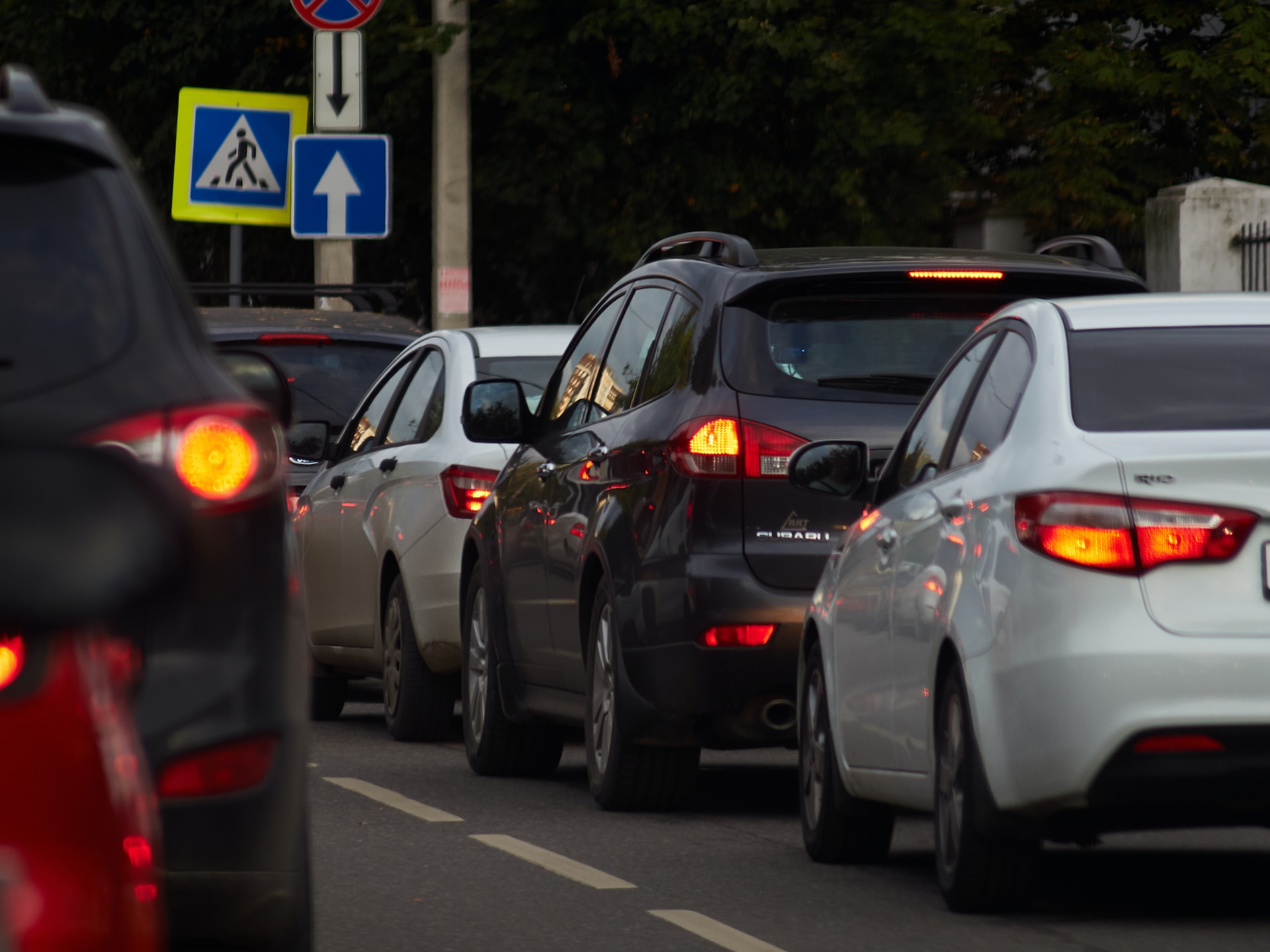Over the past decade, Smart Motorways have become more and more common in the UK. These highways use active traffic management techniques to increase capacity and reduce congestion by making use of technology such as variable speed limits, hard-shoulder running, and CCTV cameras. However, a number of recent high-profile incidents have led to concerns about the safety of Smart Motorways, particularly in the South of England where they are currently being discussed for removal.
The main purpose of Smart Motorways is to improve traffic flow, reduce congestion, and therefore reduce journey times. They were introduced to the UK in 2006 as a way of increasing road capacity without the need for physical construction work. The idea behind Smart Motorways is simple: by using the hard shoulder as an additional lane during peak congestion periods, traffic can be moved more efficiently. The hard shoulder is also used as an emergency run-off area when needed.
However, Smart Motorways have been subject to a growing number of criticisms in recent years, specifically in relation to safety. The RAC Foundation, a road safety charity, has reported that between 2015 and 2019 there were 38 fatalities on Smart Motorways in England, as well as hundreds of near-miss incidents. This has led to widespread concerns about the safety of Smart Motorways, and has resulted in them becoming a topic of hot debate among motoring organisations and politicians alike.
The main safety concern with Smart Motorways revolves around the fact that there is no hard shoulder for drivers to move onto in the event of an emergency. Instead, they are instructed to stop in a designated “emergency refuge area” (ERA). However, these ERAs can sometimes be over a mile apart, leaving drivers vulnerable in the event of a breakdown or collision. Critics argue that the absence of a hard shoulder and the long distances between ERAs make it difficult for emergency services to reach stranded vehicles quickly, increasing the risk of serious accidents.
The call for the removal of Smart Motorways in the South of England has been growing in recent months. The All-Party Parliamentary Group (APPG) for Roadside Rescue and Recovery, which represents the interests of the UK’s breakdown and recovery industry, has called for an immediate halt to the introduction of Smart Motorways and for those already built to be removed. The group claims that the risks associated with Smart Motorways are unacceptable, and that the Government should instead focus on building more traditional motorways with hard shoulders.
The controversy surrounding Smart Motorways has become a key issue in the race to become London Mayor. Shaun Bailey, Conservative candidate for the post, has stated that he would demand that Transport for London scrap the proposed M4 Smart Motorway. Bailey has called for a greater focus on traditional infrastructure projects such as upgrading the North Circular and putting funds back into the bus network, rather than pursuing the Smart Motorways programme.
The issue has become so contentious that Transport Secretary Grant Shapps has launched a review into the safety of Smart Motorways. Speaking to the APPG, Mr Shapps said: “The Government asked the Highways England SMART Motorway Evidence Stocktake to carry out an urgent review of the safety of smart motorways. This review will conclude later this year.” The Chief Executive of Highways England, Jim O’Sullivan, has also reportedly stated that he would prefer to have hard shoulders on all UK motorways to aid with emergencies.
In conclusion, the Smart Motorways programme was designed to improve traffic flow and reduce congestion through the use of technological solutions such as variable speed limits and hard-shoulder running. However, concerns about the safety of Smart Motorways have been growing in recent years, due to the absence of a hard shoulder and the long distances between ERAs. The All-Party Parliamentary Group for Roadside Rescue and Recovery has called for the immediate halting and removal of Smart Motorways, and the issue has become a key point in political campaigns. With the review into the safety of Smart Motorways still ongoing, it remains to be seen what the ultimate fate of the programme will be.
